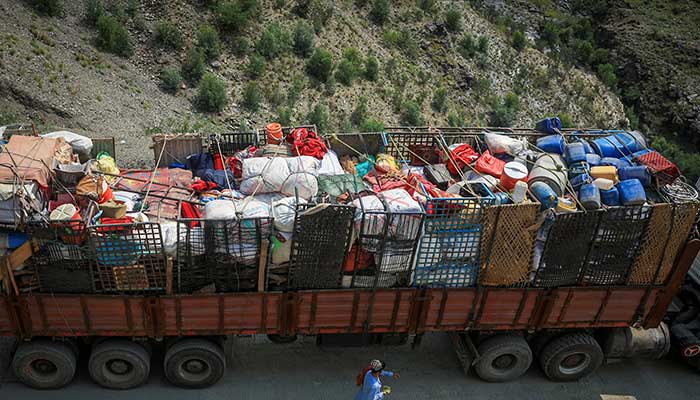ISLAMABAD Following the death of about 1,500 people in a devastating earthquake in eastern Afghanistan, the UN refugee director has asked Pakistan to stop its wholesale expulsions of Afghan refugees.
“Given the circumstances, I appeal to the Government of Pakistan to pause the implementation of the Illegal Foreigners Repatriation Plan,” UN High Commissioner for Refugees Filippo Grandi said on X. Those being evicted are “returning to a disaster zone,” he cautioned.
His request was made while rescue crews were still having difficulty getting to survivors of the shallow, magnitude 6.0 earthquake that rocked the Pakistani Himalayan region late Sunday, causing mud-brick houses to collapse while people slept.
One of the deadliest earthquakes in the nation’s history, according to Taliban government officials, killed 1,469 people, injured over 3,700, and affected over 500,000.







